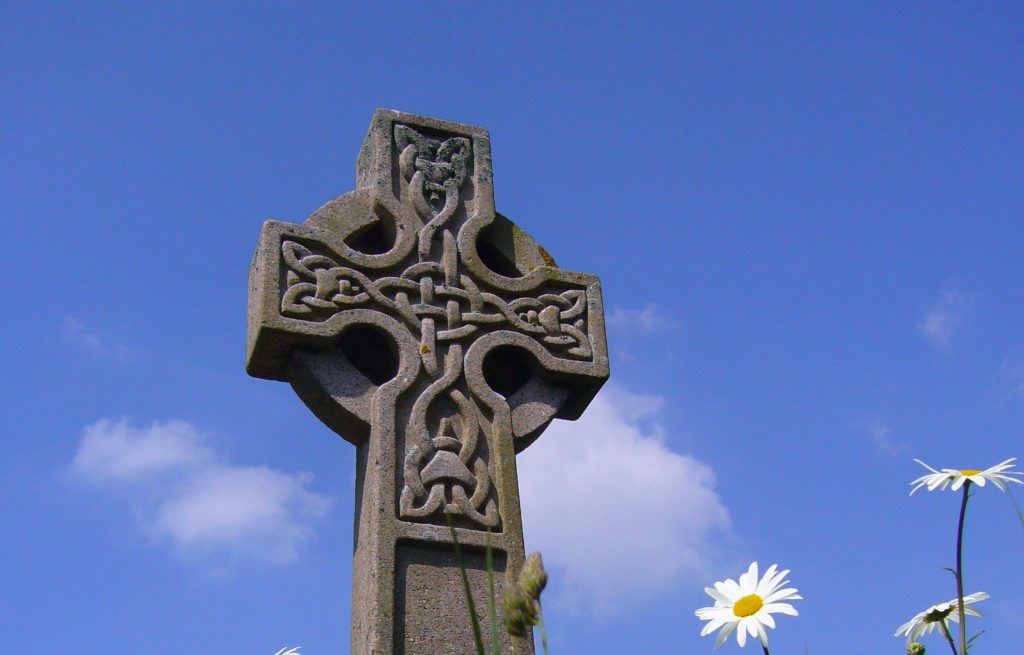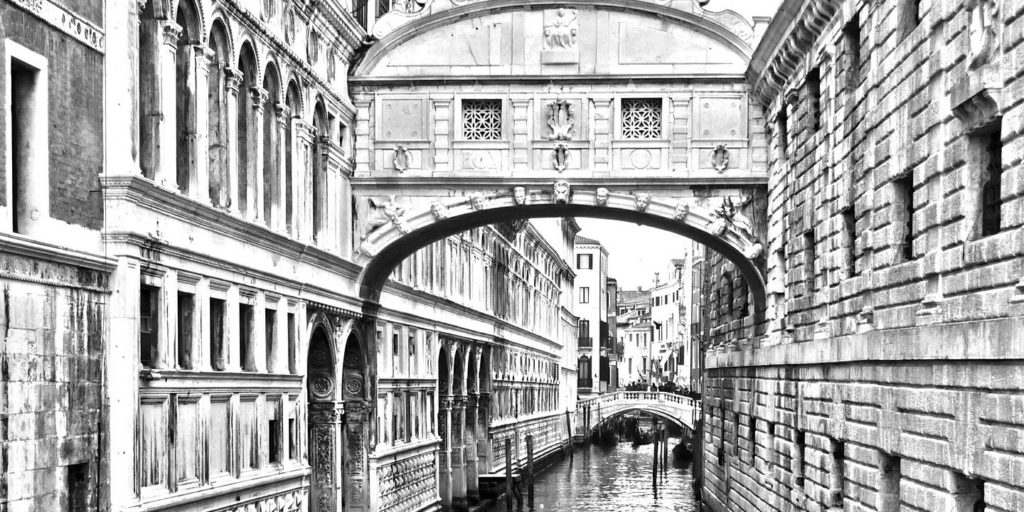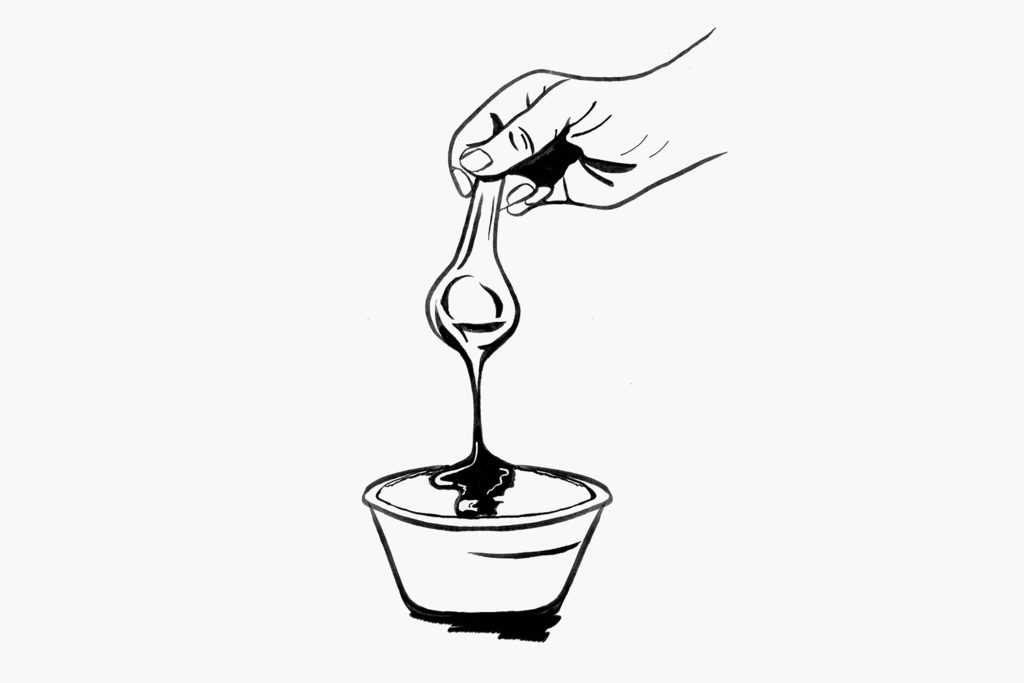I keep writing and writing about funerals. Every funeral I go to thinks it’s a story, and that story always seems connected to my story, a young woman burying her mother. Here we go again.
So I went to this funeral not so long ago but I don’t want to write about it because it was one of the really really sad ones and I didn’t know the deceased particularly well, and it is quite simply not my story to tell. I had an insight there because I always have an insight when I’m surrounded by death and mourning and tradition and community, and it’s hard to separate the insight from the moment, from the visuals of the chapel and the chill of the January afternoon. I didn’t know the deceased but I knew and respected and cared about his wife. I really want to describe what it was like, the desperate sadness and warmth and poignancy of it all, but I figured that for once I should take my tragic little-bereaved-child self out of the picture and let my friend grieve her real and complicated grief.
At some point between the polite nods at mutual acquaintances and the acts of careful memorialization from the altar, the penny dropped with me. What came to me, which seems mundane now but had the quality of a revelation then, was that this guy, this dead guy whom everybody clearly loved and missed and was appalled at the loss of, this guy was evidently an asshole. I won’t go into details: you know what an asshole is. Selfish, obnoxious, loud. Fun (when fun requires other people to tidy up after you). Hilarious (when laughter drowns out objections and fair grievances). And being an asshole was in no way a barrier to his being adored or mourned. It may even have helped.
This for me was both astonishing (does this mean I don’t have to make myself lovable at all times in order to be loved?) and already mundane (this dead man stranger is just like all these other men I know). And I stood in the churchyard, which I’m not going to describe because it wasn’t my loss or my story, but it was January and there were crows cawing bleakly in the trees, and I thought about loud, obnoxious men I knew who were nonetheless loved, and what an extraordinary thing it was that they could get away with having that love. After a lifetime of funeral-going, I had managed to acquire a raft of ideas about being remembered and being loved, and ideas too about what it takes to deserve love.
Get the best of Moxy directly in your inbox.
The original funeral was my father’s: I was six, and I must have cut a tragic figure in an Edward Gorey sort of way, the youngest of three in my Sunday best, the week after I received the sacrament of First Holy Communion. Dad was a good man and so his loss was pure and simple and unquestionably sad, nobody had to make uncomfortable excuses for him so I didn’t learn that that was a thing that people did at funerals. After that, I grew up attending funerals – usually with my Nana, brought along when there was nobody else to mind me and my sister, and acceptable because we were helpful in the kitchen. So funerals were ordinary affairs that punctuated an ordinary childhood (except that I took the opportunity to cry a great deal at them so that people wouldn’t forget that I was deserving of sympathy), until I was again at the tragic centre of affairs, when my mum died from ugly sickening cancer. On that occasion, I was not quite 19.
It was her funeral that I came to write about over and over again, her funeral that became for me the ur-funeral, the referent against which all others are compared.
My funeral typology:
The original funeral: a textbook tragedy, an orphaned child.
The generic funeral: a place in which I play with being sad and being strong. I lean into the collective experience of love and loss and belonging.
The specific funeral: I am startled to discover that the dead man is an asshole.
I made a list about Catholic funerals, how they make me feel and why I like them:
- A church is a good place to be sad.
- Men in dresses stand on the altar and offer elaborate reassurances. They use phrases like perpetual light and eternal salvation.
- The priests don’t cry. The people sitting closest to the altar often cry.
- The coffin usually leaves the church on the shoulders of bereaved men:
- Sometimes, a young man who is otherwise peripheral to the occasion will get roped in to make up numbers.
- Sometimes there’s a rush, and the coffin crowd-surfs out across a heave of eager masculine bodies young and old, more than are needed, men in suits tripping over one another.
- Once, my friend’s 8-year-old son scrambled into the scrum and stood proudly alongside his dad to shoulder his grandfather’s coffin as far as the awaiting hearse, causing me to cry.
- Graveyards are optional.
- So too are soup-and-sandwiches in the pub, or back at the house, but they are the best bit.
- Emotion splashes freely and irregularly around these gatherings, erupting occasionally between the busy-ness of pouring tea and catching up. You can be talking to a distant cousin about the Tidy Towns competition and next thing you know she is sobbing in your arms. Then it’s back to Love Island, or the points race, or whatever.
- I like the communalism, wrapping up leftover sandwiches and cake and doling them out to those most likely to use them. Picking up the children of strangers when they crash their heads against unfamiliar furniture.
- Cold over-brewed tea, an unasked-for shot of whiskey dropped into my lemonade by an uncle who can’t bring himself to say how much I remind him of my mother.
Is this an essay about funerals or is this an essay about assholes? I tried to make a list about assholes, but there was little I could say about them that was generic, apart from the obvious: all the assholes that came to mind were men. But other than that, they were all distinct, and none of them was interesting. In the end I concluded that it was an essay about learning not to be an asshole. And how it took decades of repeat attendance at Irish funerals for me to finally understand that not everybody learns the same things.
As a young woman I had a lot of male friends. This was a badge of honour for me. I liked to be seen out with big crowds of boys: it proved something about me that mattered to my convent-educated mind. Of course I later came to understand this as internalized misogyny, but whatever: as a young adult, the salient point was that I surrounded myself with young men to look like I was important or fun or something like that. When my mother died, leaving me tragically and magnificently orphaned, my immediate circle was made up of boys who flocked to my openly raw distress. Standing before the altar the day we buried her, I paid attention to the number of tall, intense youths who lined up to offer their condolences to me. My sister drew nothing like that number, I noted with satisfaction.
This is me in University College Dublin in the mid-1990s, a roll of sellotape on my arm, sticking up posters for doleful poetry readings and lounging on benches with earnest young men. The ones I love the most are the messiest. Because we are all young, none of us are truly assholes, not yet, or rather all of us are so none of us are. I make it my business to be kind to the meanest of them, the most self-absorbed and self-indulgent, the most reckless. The stakes are low. Most of us have housing provided by our parents and relatively low overheads. What responsibilities we do have (part time jobs, assignments, terminally ill family members, depressive boyfriends and girlfriends, unplanned pregnancies, “officer” positions in societies and the students’ union) we routinely fail – then we meet recriminations and get drunk to overcome the shame and mortification and this is how we grow up, slowly, tediously, excruciatingly. Twenty years later, some of those boys are still assholes, now with partners, children and therapists of their own. They still flake out on their responsibilities, now with real consequences, though the consequences are often absorbed by partners, usually wives. They are still abundant and loud and hilarious, long after that has started to interfere with being reliable or useful – or, in the case of the wan boys I was drawn to, they are artistic and brooding and sad. They take up a lot of space, so much space that others (often their partners, usually wives) have to get out of the way.
Through my twenties, as the cliché goes, I kept meeting these people at weddings and funerals. I had been precocious in my losses, but inevitably my friends began to catch up in the dead parents stakes, and the new friends I made generated ever more tragic events to attend. For a time I worked at the sort of place where people took annual leave days and shared cars to attend the funerals of colleagues’ parents in the depths of the countryside. We stood in church pews towards the back, rows behind our colleagues and friends, and I wept, a predictable deluge as soon as the reedy hymns began. Be Not Afraid. Here I Am Lord. Our God Reigns. I had no idea how to behave, no idea that I was not supposed to be so sad, since my parents had already long since died and I was meant to have moved on. I had moved on in fact, but grief descended in these ritual spaces and I embraced it. Everywhere else that I moved in the world required me to behave, but the familiar act of commemorating the dead was too much to ignore: I couldn’t resist the invitation to feel. I was all snotty tears and profound sobs and self-pity beside my sombre friends or colleagues who were wondering if they should go back to the house or skip the traffic and head home from the grave.
With time I learned to bring tissues. With time I learned to reign it in. With time I buried my sadness and my loss. Only an asshole, I realized, makes the burial of somebody else’s family about them.
There’s a gap in this essay that I can’t fill. How are funerals and assholes connected? Possibly they aren’t, except that they are for me. One day, about five years ago, I chose to attend the funeral of an elderly man I barely knew, who died a long-anticipated comfortable death in a nursing home. His son had been my friend in college, though by the time of the funeral we hadn’t seen each other in years. This was one of those intense boys who I used to moon around with: he had at times been more than just a friend. Why did I drive to the suburbs on a busy Thursday morning to see this old man off? I loved his son once; the whole gang of us used to sit in his poky kitchen drinking tea. And he, the deceased, had been terribly kind to me, feeling sorry for me, as adults always had. But that was all in the past. I must have thought that a funeral would restore all that intensity of feeling.
It didn’t. My old friend was just as he always had been: caustic, self-pitying, occasionally hilarious. He hugged me with feeling over by the hearse, and sucked hard on his cigarette and immediately launched into an invective against his ex-wife and her mother. His father was laid out in the back of that heavy black limousine and he was hunched with bitterness trying to win me over to his side, just like he always used to. This was the first time I knowingly encountered an asshole at a funeral and it marked me. It felt so profoundly out of place.
At any rate, in the end all those funerals brought me here, to another dreary church pew, and I was primed. A January funeral, properly tragic, the final farewell to a man my age and a father of young children. Wearing my good coat, clutching my husband’s hand for support, I expected a familiar blanket of sadness and pity and loss, the sweet gaping hole of affection and intimacy. Instead I met an asshole, a huge bushy adorable beast of a man who was known by everybody and a burden to his family. I was sitting in a church that I’m not going to describe, and even though I had a warm coat on I was freezing cold, and I was thinking about how much space the deceased must have taken up. There were speeches from his closest friends which emphasise his charisma, his spontaneity. Stories about escapades and hare-brained schemes and boundless enthusiasm. The sorts of stories we tell, at funerals. Minor transgressions told as youthful high jinks: shoplifting, sexual exploits. I bristle. I didn’t like this stranger who was being eulogized. I wonder why his wife doesn’t speak, although her poise is so perfect and clean. I wondered why there were no women to sing his praises.
Obviously she loved him, loving him was possibly the worst of it. But also, she was stuck with him, his vigour and energy and fun and his total self-absorption. They had, you know, two children.
I am the sort of person who thinks about my own funeral. About what people will say about me. I am the sort of person who makes decisions based on whether that would be a good look, in a eulogy. I’ve been thinking this way my whole life, how my story will be told some day from an altar when I’m not there to hear.
I met this guy properly for the first time at his funeral and he appalled me. But even so, I found it pleasurable to encounter a ravishing outbreak of collective meaning in a January churchyard, among people I half knew. Sure, there were ordinary conversations about headlice and chicken pox over the sausage rolls, but in the same pub were people who had flown thousands of miles in spite of climate breakdown because this man’s ignorant, selfish, self-absorbed death meant so much to them. This dead stranger whom I disliked for ruining my friend’s life was grievable, and he was grieved. Magnificently, fulsomely, sincerely grieved.
And I, who had lived 40 years striving to deserve a loving and tragic funeral wondered, what if I got it all wrong? I knew there was something purifying about death, but all those years I thought it was the congregation who became anointed in their grief, not the dead guy. That long arc of progression where I trained myself to contain all my foul slobbery emotions, to hold my silent sobs between my shoulder blades when certain hymns got rolled out, was it in fact unnecessary? It wasn’t me being purified by all that ritual, it was the corpse, and being an asshole didn’t in any way prevent you from having a tragic end. In fact, it made it even tragicker, dialled up the poignancy and the heart-aching sense of contradiction. The love is there anyway. He got away with it.
Now it’s January again and death is in the news, in part because there are no funerals anymore, or only thin affairs streamed out to lonely laptops and threads of older people lining roadsides at a safe distance. Thinking about it now, I feel like perhaps I overdosed on those emotional feasts anyway. It’s more in keeping with our times to have a lean, puritanical sort of send-off. It’s high time I learned to contain all that feeling, instead of lavishing it on undeserving dead people. I visited my ageing aunt in the midlands as soon as the first lockdown allowed, and she gave her assessment of our restricted circumstances: It’d be a great time to die. Nobody travelling unnecessary distances, no catering or sandwiches to arrange, no inappropriate laments from the altar. A nice simple funeral and home for tea. Lovely. I didn’t get my emotional gluttony from her side anyway.
At the very end of the asshole’s funeral, his daughter, 9 years old, announced unexpectedly that she’d like to say a few words. She was a pale child with almost white hair. She was kind of crazy. The main thing that I knew about her actually was that she could pick her nose with her tongue (I had observed this to be true). Also that she played with a lot of the kids I knew, that she was cute (like all kids) and sound, obviously. She was wearing a green velvet dress which looked out of place: she was very much a dungarees kind of child.
“I was the dead guy’s daughter” she said, effortlessly adopting the register she had picked up in the preceding 30 minutes.
“I think I got to know him pretty well. And I just want to say, he’s in all our hearts.”
That was it. My insight, it turned out, was mean-spirited and selfish, a properly asshole-ish judgement. Love is just love and grief is just grief, there’s no hierarchy to these things. They cremated the dead guy and his two children looked on, confused and cherished, already living a completely different life. The rest of us crossed the road into the pub where some friendships were rekindled and pots of tea were drunk. I didn’t stop crying for days. I cried the best tears I had cried in years, desperate glorious tears of despair. Funeral tears, the cleansing kind.
Carol Ballantine is a researcher and writer from Dublin, Ireland. She has published non-fiction for the Stinging Fly, Banshee and Headstuff. She tweets at @cballantine





